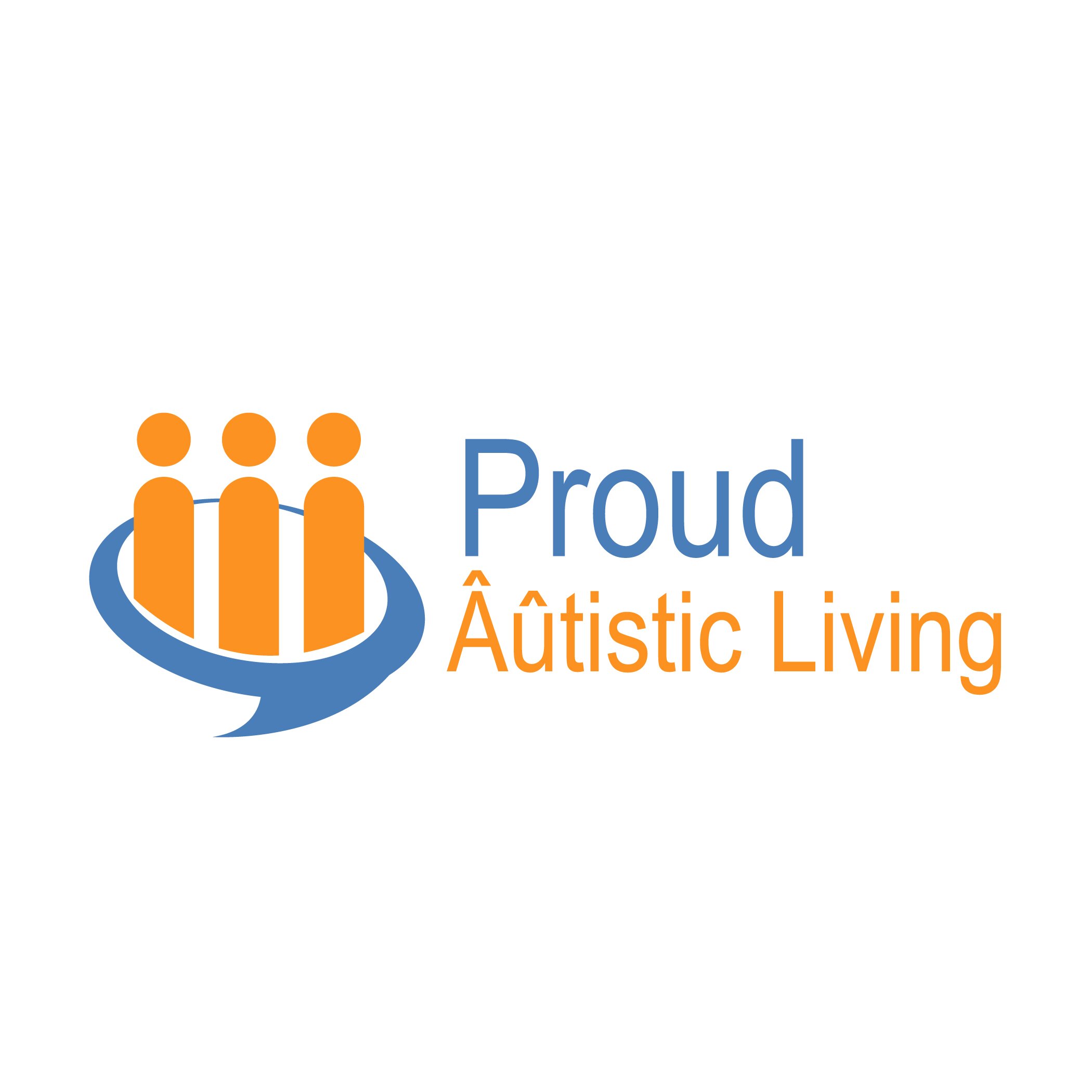Love without a badge.
When we love someone, there is no need for a badge of honour. There is no requirement that our love is proclaimed in such a way as to suggest it is a chore, or it is something special. No, love, is, a part of the human experience. We all love in our own ways, we love different people and things, we express it in different ways but in the end we all love, because we are human.
I’ve been increasingly seeing badges of love being worn by parents and partners of disabled people. The badge comes in many forms, it comes in memes, T-shirts, stickers and of course, actual badges to be worn. Commonly it will consist of a picture containing an image, icon or symbol that denotes the particular disability and a tagline which says something along the lines of I love someone with… (insert disability tag here). A common example lately I have seen is I love someone with autism. Perhaps this has been noticed by me, because I am autistic, and because it is May, and it’s just a month after the whole April hell month of awareness campaigns.
There is, I believe an inherent problem with these badges. They have a not-so subtle implication that loving this person is hard, or loving this person is somehow worthy of a badge, or that you love this person even though they are somehow less than you. This is an inherently ableist thing.
The message to those of us who are in fact disabled is quite simply one that says, the wearer, is better than you somehow, and that you the disabled person are in fact less than human. It is very clear that the message of #DifferentNotLess is still a long way from the mainstream. Whether that be in terms of the neurodiversity paradigm or disabilities in general.
I have an online acquaintance who has turned this around and created some images with I love someone with neorotypicality, or I love someone with allism. The outcry about these kind of turn around’s from the non-autistic community is telling. They feel labelled, they feel angered, they feel pain. And there is the crux of it. It is painful.
It is painful to read such a statement as I love someone with autism, because it makes you feel that you are not worthy of love in your own right, you are not worthy of love for just being you. As if you are only loved because of the disability and not for the human person that you are.
I am fairly certain that most parents and friends don’t actually intend to convey this message when they don such badges. I am sure that these people do in fact love their children and friends because of who they are. I am sure they do not intend to act in such an ableist way, and I am sure they do not intend to make these implications to their loved ones. But the reality is that they do.
If you love your child, just declare it, there is no problem with that at all. It is perfectly appropriate and wonderful to declare that love, but it doesn’t need the caveat. How about I love my son, I love my daughter, I love my friend.
I appeal to you, if you wear such badges, please stop.
Please, change the badge you wear, because the badge with caveats, it hurts.
If you love someone, just love them. If they are disabled, just love them. If they are not disabled just love them.






Well said Richard!
Thanks. I got a bit of a bee in my bonnet about it today.
I have a problem with label shirts. Unless you are wearing your own label, it is not fair to label other people. It makes people ask questions without the labeled person present. Besides, it is ableist. No one would wear a shirt that says I Love Someone Who Is Gay, Black, or any other label.
exactly. If I wear my pride t-shirts that’s my call and my identity not another persons to appropriate.